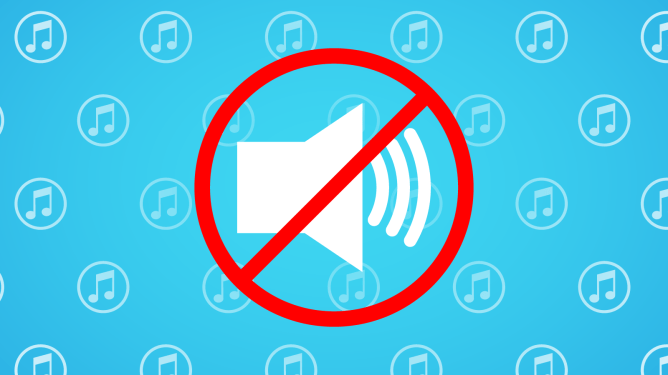
China Imposes Stricter Regulations on Online Music Streaming Platforms
As part of its ongoing efforts to exert control over the internet, China has set its sights on online music services. The national ministry of culture has announced that from January 1, 2016, all online music services must remove sensitive material from their song libraries.
The New Directive
According to a report from Reuters, the new directive will require music services to police their own content and remove any material deemed sensitive or objectionable by the government. This includes songs that promote obscenity, violence, crime, or threaten public morality.
Impact on International Services
International online music services such as Apple Music, Spotify, Rdio, and Google Music will also be subject to the directive if they launch in China. Companies like Baidu, Alibaba, and Tencent, which operate their own music streaming services, will be affected by the new policy.
The Challenge of Online Piracy in China
The online music business in China has traditionally been challenging due to widespread piracy. Both Google and Yahoo have shut down their music services in recent years, but there is a growing sense of optimism in the country thanks to the rise of smartphones and the growth of a middle class that is willing to spend money on services and technology.
China’s Increasing Control Over the Internet
Under President Xi Jinping’s tenure, China has increased its control over the internet and online communication. Crackdowns have included measures such as:
- Self-censorship: social networks are required to police their own content
- User registration: users of all web services must register with the government
- VPN blocks: efforts to block virtual private network (VPN) services
- Police presence in tech companies: police officers have been placed inside top technology companies
China’s Use of the Great Cannon
In addition to these measures, China has also used an offensive tool called the "Great Cannon" to shoot down internet sites that challenge its authority. For example, when GitHub housed anti-censorship information, China used the Great Cannon to attack the site.
Music as a Target of Government Censorship
Music has already been a target of government censorship in China, albeit on a smaller and more random scale. In August 2015, over 100 rap songs were removed from online music services at the request of the government, which deemed them to promote obscenity, violence, crime, or threaten public morality.
The Future of Online Music in China
As the Chinese government continues to exert its control over the internet and online communication, it remains to be seen how this will impact the online music business. With the growth of a middle class willing to spend money on services and technology, there is a growing sense of optimism in the country.
Key Players Affected by the Directive
- Apple Music: Apple’s music streaming service launched in China at the end of September
- Baidu: Chinese tech heavyweight operates its own music streaming service
- Alibaba: Chinese e-commerce giant operates a music streaming service
- Tencent: Chinese tech company operates a music streaming service
- Spotify, Rdio, and Google Music: international online music services that may launch in China






